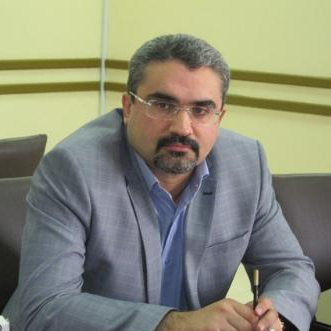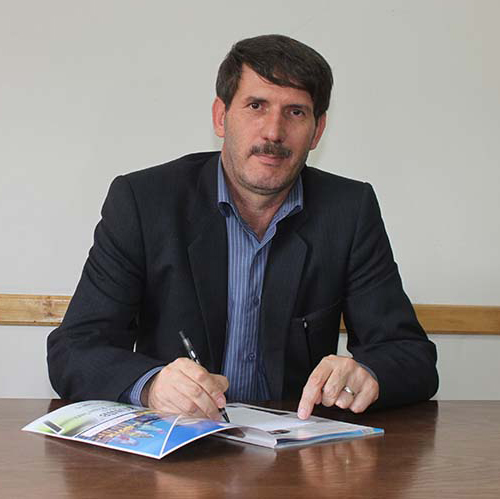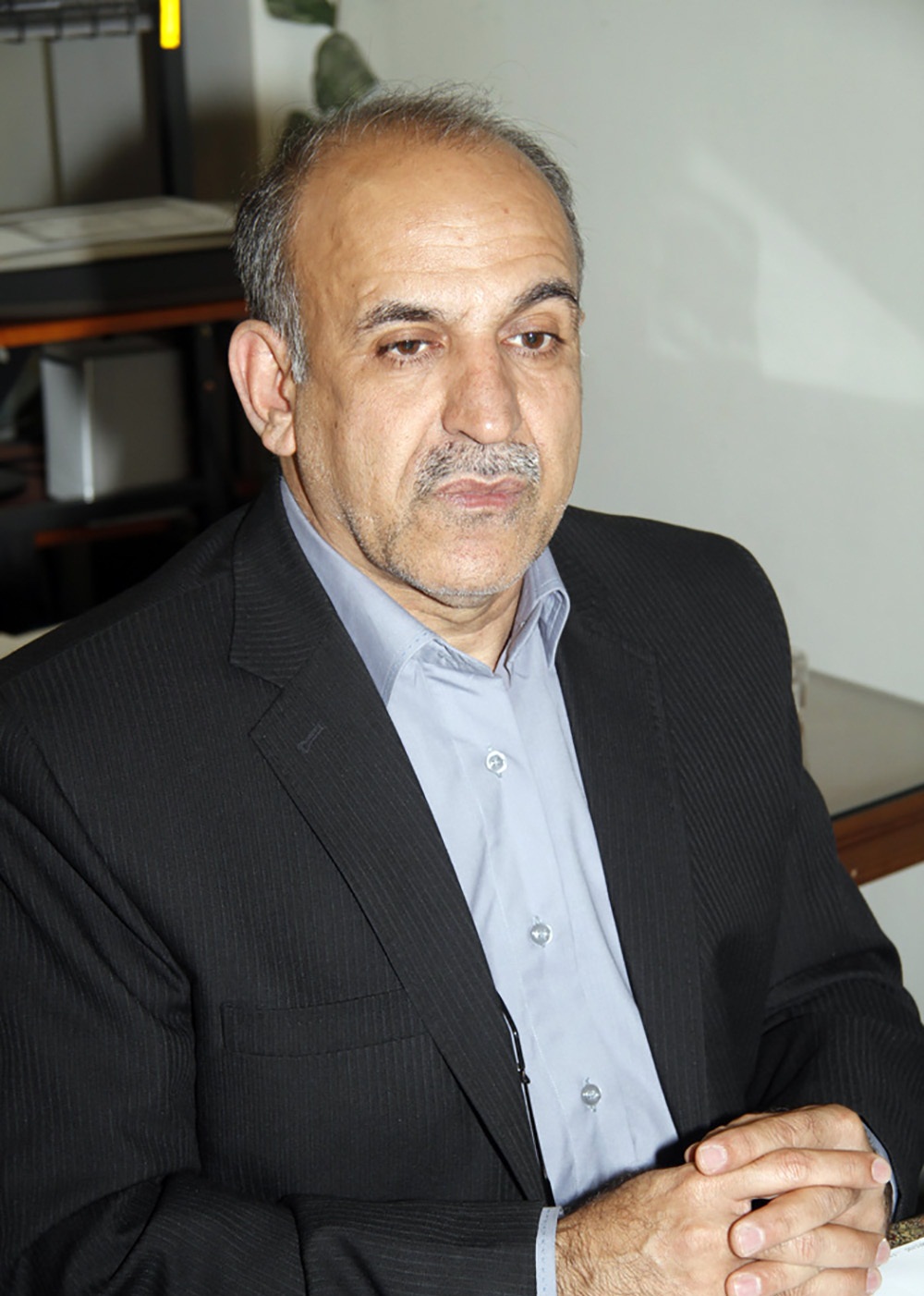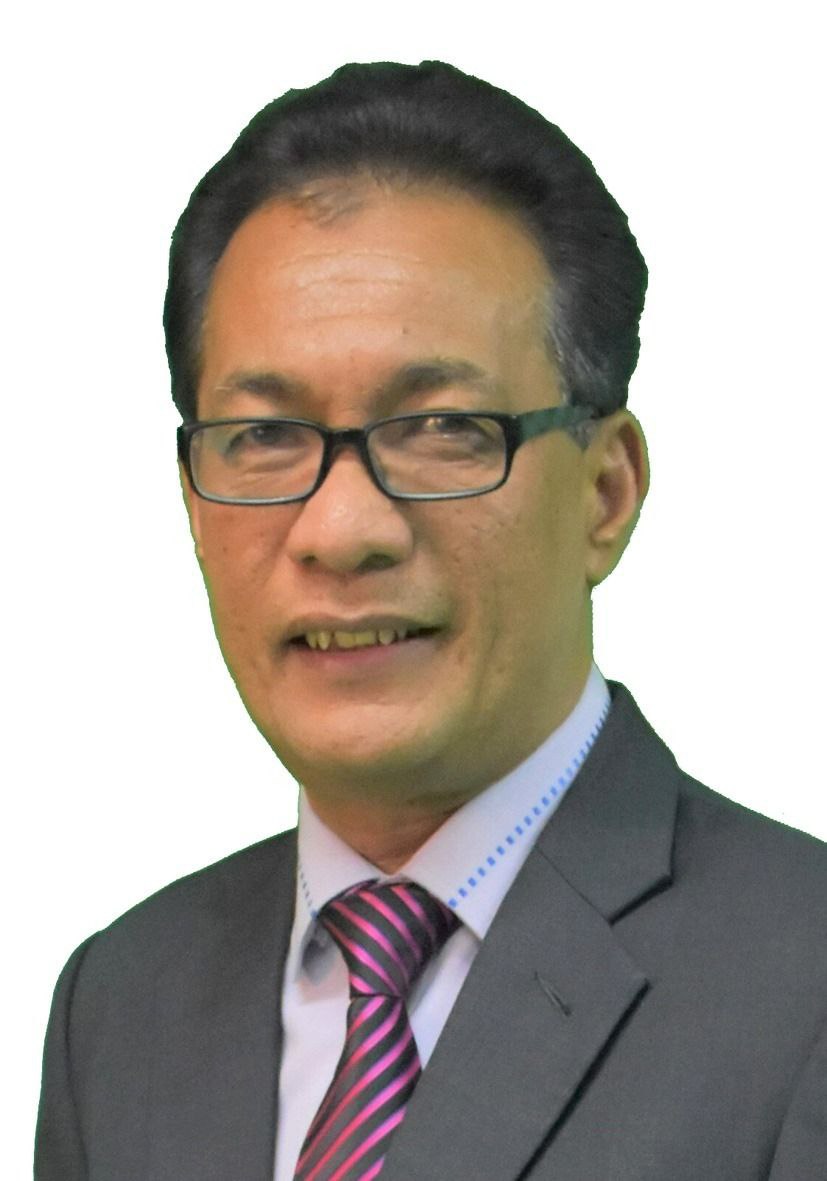Emerging Approaches in Enhancing Mental and Physical Health of the Elderly: Integration of Strength Training, Mindfulness, and Artificial Intelligence
Keywords:
Older adults, strength training, mindfulness, artificial intelligence, mental health, physical health, elderly care, quality of lifeAbstract
Objective: This study aims to explore the impact of strength training, mindfulness, and artificial intelligence on improving the mental and physical health of older adults.
Methodology: This narrative review employed a descriptive analysis method to synthesize findings from scientific studies published between 2019 and 2024. A comprehensive search of databases such as PubMed, Scopus, and Web of Science was conducted using relevant keywords. Eligible studies included those focusing on strength training, mindfulness practices, and applications of artificial intelligence in elderly care. Data were extracted and analyzed to evaluate the individual and combined effects of these approaches on the mental and physical well-being of older adults.
Findings: Strength training was shown to significantly enhance muscle strength, balance, and physical independence in older adults, while also reducing the risk of falls. Mindfulness practices demonstrated improvements in stress reduction, sleep quality, and overall mental health. Artificial intelligence facilitated personalized healthcare solutions, enabling continuous monitoring, emergency response, and support for independent living. The integration of these approaches revealed synergistic effects, offering a comprehensive framework to address both physical and psychological challenges associated with aging. This multi-faceted strategy enhances the quality of life for older adults by combining physical, psychological, and technological interventions.
Conclusion: The findings highlight the potential of a combined approach utilizing strength training, mindfulness, and artificial intelligence to improve the mental and physical health of older adults. This model offers a sustainable and effective solution for enhancing the quality of life, independence, and well-being of aging populations. Further research is necessary to optimize and implement these strategies on a larger scale.



























